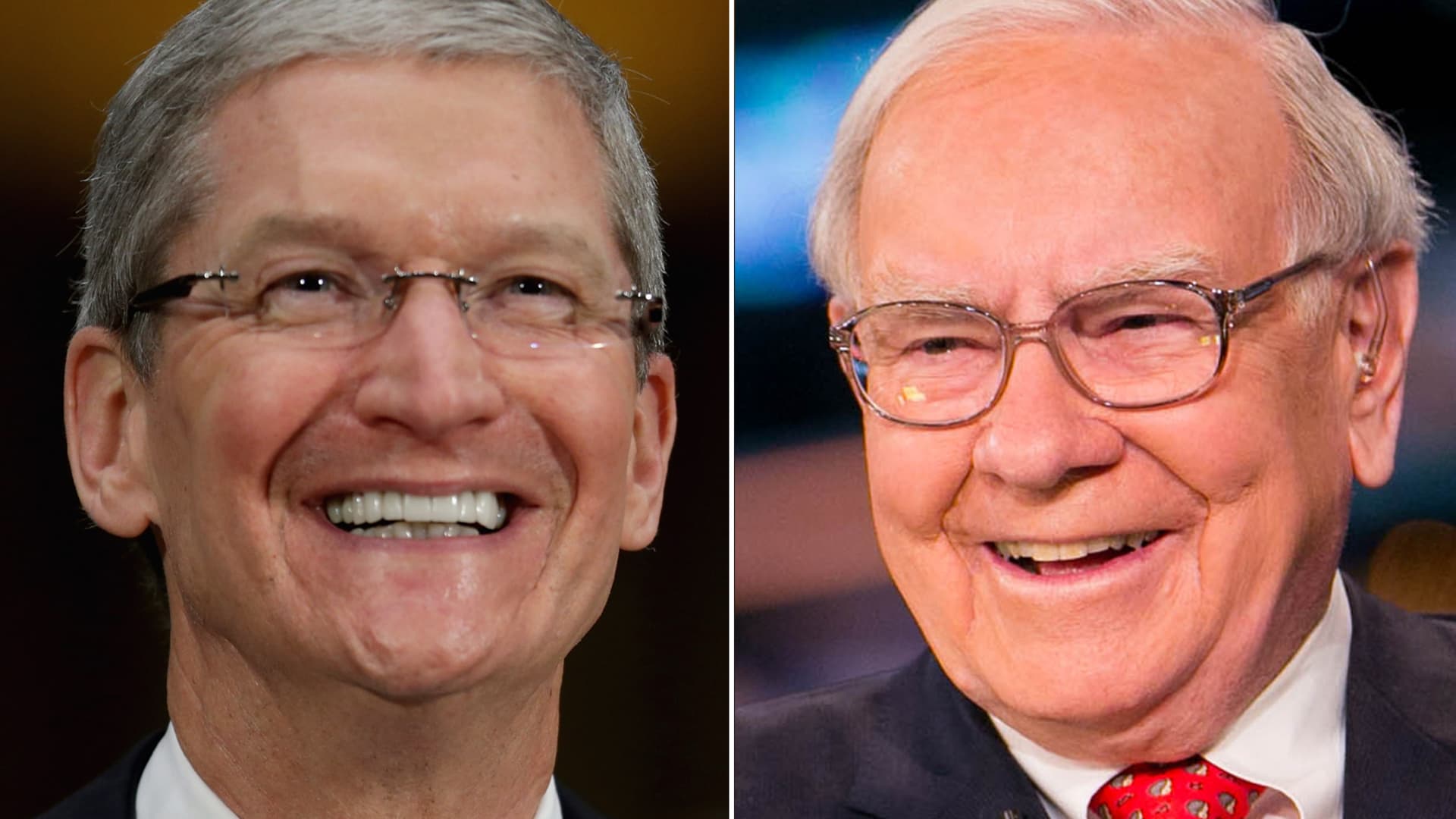
Despite some slowdown in April, inflation continues to rise at a fast clip, according to new Labor Department data published Friday.
Year over year, the price of consumer goods and services has risen 8.6% overall, as measured by the consumer price index, or CPI. This marks the largest 12-month increase since December 1981.
Month over month, inflation increased 1% in May, after only rising 0.3% in April, driven largely by increases in the prices of shelter, gasoline and food.
Core inflation, a measure that excludes food and energy prices, which can be volatile, increased 0.6% in May, matching April’s increase.
What all this means is that the cost of everything, from food to rent, will continue to rise, squeezing Americans’ budgets even further. Here’s how much prices have increased over the past year for certain household goods and services, according to the Labor Department.
- Gas: 48.7%
- Used cars and trucks: 16.1%
- New vehicles: 12.6%
- Electricity: 12%
- Food at home: 11.9%
- Food away from home: 7.4%
- Shelter: 5.5%
- Apparel: 5%
Gas prices in particular are becoming even more unaffordable, up a whopping 48.7% since last year and 4.1% just in the last month.
To put those numbers into context, a gallon of gas currently costs $4.99 on average in the U.S. overall, according to AAA.
Residents of some states are feeling the burn even more: In Illinois, the average price of a gallon of gas is $5.56, according to AAA. In Nevada, it’s $5.62. In California, the average price of gas is $6.42 per gallon — but in Mendocino, at least one gas station is charging nearly $10 per gallon.
Gas prices remain a major issue for Americans, many of whom rely on their cars to get to work. Plus, as summer driving season gets into full swing, some may wish to use their cars even more.
Rising inflation may also stoke fears that a recession is on the way. It’s likely: All of the chief financial officers who participated in the latest CNBC CFO Council survey during the second quarter of this year said that a recession is unavoidable.
However, it probably won’t happen until next year. Of the CFOs who participated in CNBC’s survey, 68% said that a recession will occur in the first half of 2023.
“The likelihood of recession this year is pretty low,” Gus Faucher, a chief economist at financial services company PNC Financial Services Group, told CNBC Make It in May.
However, “it gets dicier in 2023 and 2024,” Faucher said.
Sign up now: Get smarter about your money and career with our weekly newsletter
Don’t miss: Americans are putting more money into 401(k)s this year—see how you compare




